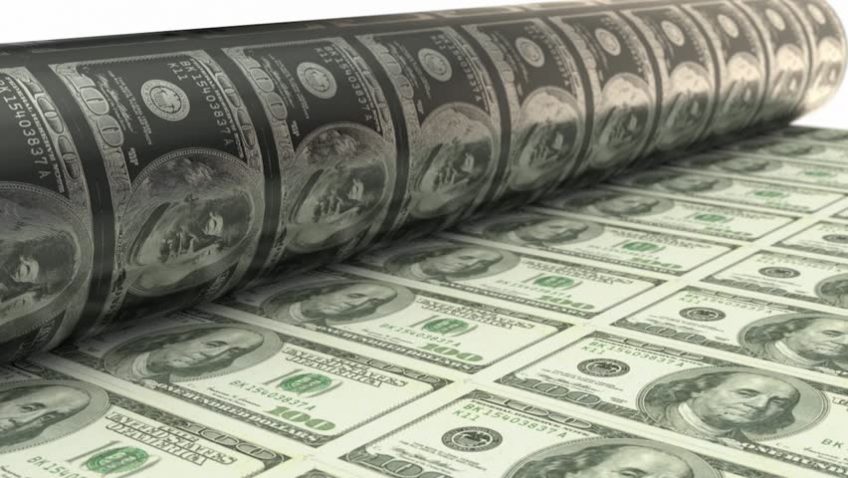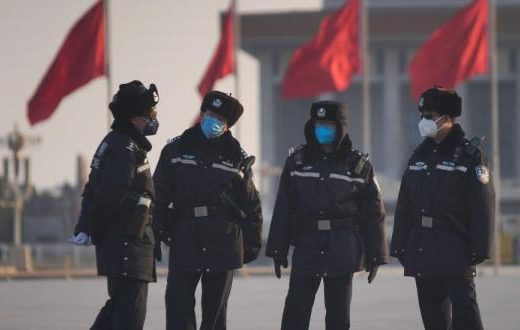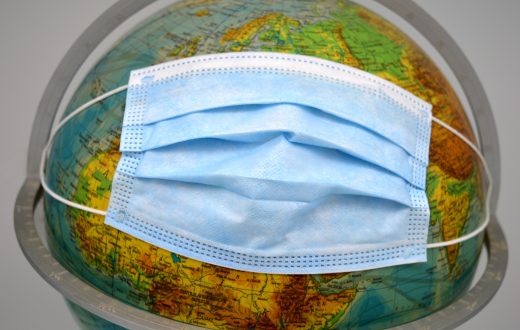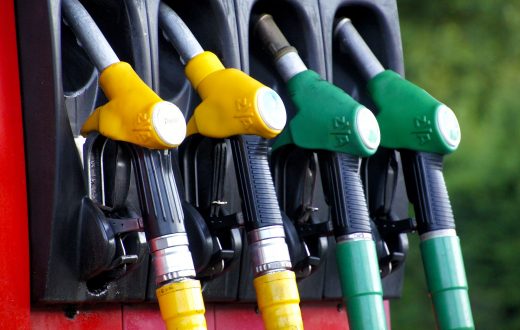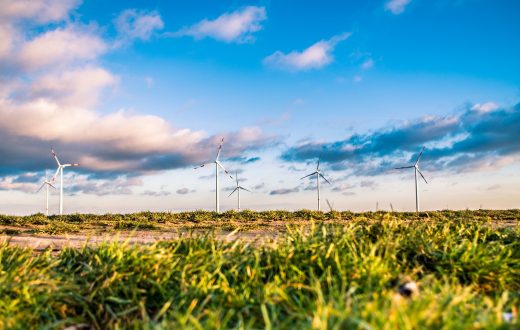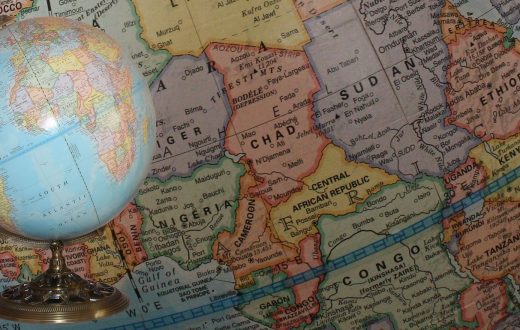The new coronavirus pandemic has undoubtedly had a huge and negative impact on many industries, ranging from agriculture, international trade and manufacturing to even entertainment and tourism.
As governments worldwide started to implement strict lockdown measures in order to prevent the spread of the disease, people experienced a dramatic change in their daily routine and found themselves stuck inside their homes.
This situation resulted in a significant decrease in mobility, and hence a reduction in driving, travels and general demand of fossil fuels. It is not surprising, therefore, that oil prices fell substantially this year.
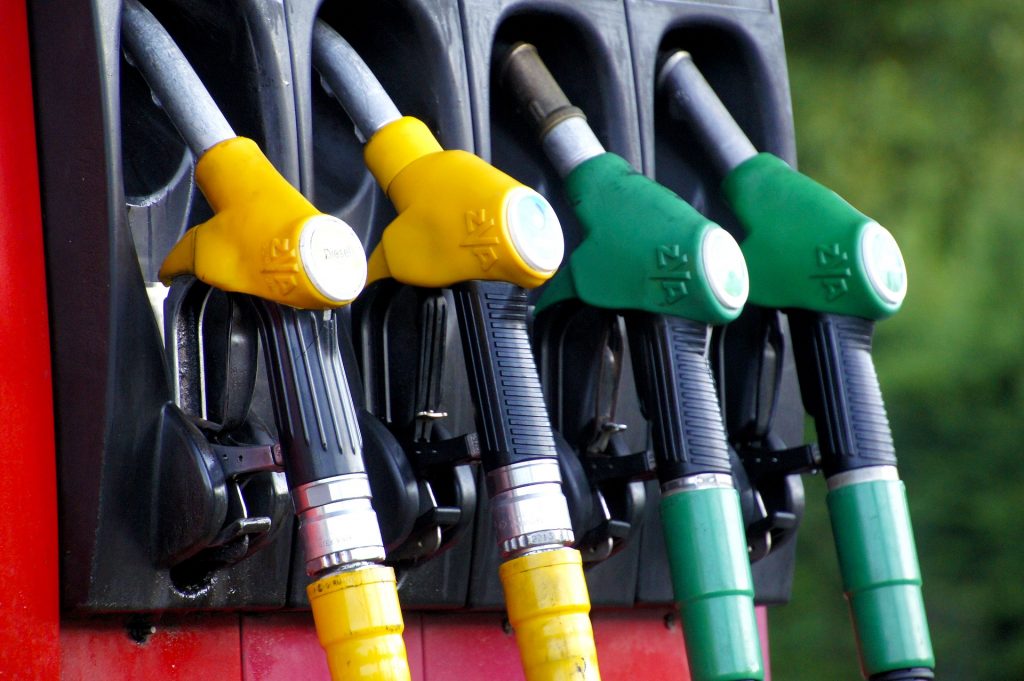
Latest data from West Texas Intermediate (WTI), which is a grade known as benchmark for oil pricing, show that in April 2020 its futures contracts dropped below $0 for the first time in history. The Brent crude oil marker, also used as a yardstick to monitor oil’s value globally, plummeted by 71% from the start of the year, currently being around $32 a barrel.
In an attempt to stabilize the market upended by ‘the invisible enemy’, the OPEC+ group – the Organization of the Petroleum Exporting Countries – that includes top oil’s producers such as Saudi Arabia and Russia, has reached an historic agreement to voluntarily cut oil production. These countries and other allied producers will slash 9.7 million barrels a day in May and June, an amount of what is closer to the 10% of the world’s total output. What makes the decision even more remarkable is the fact that this massive cut is more than twice as large the 4.2 million barrel per-day reduction the oil cartel made during the 2008 financial crisis. Even though impressive, whether the deal will contribute to a full rebalance or not remains uncertain. For instance, analysts at Goldman Sachs warn that the resolution may be insufficient to avoid breaching storage capacity, as no cut could be large enough to offset the loss faced in demand. This condition would inevitably lead to a halt in investment, with the danger that stockholders may not see the market as appealing as before, as proven by a steep decline in transactions on the Dow Jones Commodity Index Crude Oil (DJCICL) charts. Despite this prediction, additional efforts have been made by big oil nations that aren’t members of OPEC+, like Canada, Brazil and Norway that, along with the US have already been cutting production. In particular, Donald Trump offered to lessen oil volume in America, an act aimed at helping Mexico to align with the standards set by OPEC+, since President Obrador was initially hesitant to cut production levels in the country.
Other important assumptions about losses in the industry have been made by the International Energy Agency (IEA), that has recently stated that the immense shock following the COVID-19 will translate in a fall in demand by 9.3 million barrels a day compared to 2019, erasing almost a decade of growth. According to the agency, although countries are beginning to ease restrictions as coronavirus cases plunge, the results of a relief will not be immediate. Rather, the process of recovery will be slow and gradual, and time is needed before demand can fully return to its previous status, with an average of 100 million barrels a day. But the relaxation of the containment measures reflects that the negative trend suffered by the oil market during the last months is actually reversing. In fact, as economies reopen and employees are able to come back to work, both consumption and travel are expected to ramp up again soon. In this scenario, a highly volatile market such as the ‘black gold’ one can hope to restore its balance and thus finding stability once more. The sector is strategic not only because it represents the most important source of energy, but also because it allows to carry goods from one corner of the world to another and can provide jobs to ten thousands of people. Supporting the oil market consequently means gaining a mutual benefit both for consuming and production, thus contributing to the health of the global mechanism of demand and supply.

